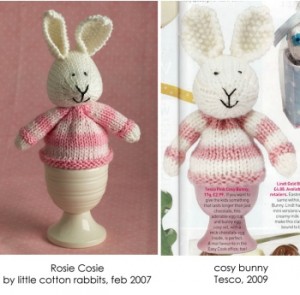Jeff Bezos’s mantra from the moment he founded Amazon was “get big quick”. We’re beginning to see just how big it’s getting.
Last week an investment analyst estimated that Amazon now ‘facilitates’ (and takes a cut from) a third of all e-commerce transactions in the US.
Then the gay and lesbian community discovered how powerful Amazon’s database can be when what the company later described as an “embarrassing and ham-fisted cataloging error” effectively banned 57,310 listings of so-called ‘adult’ books and DVDs by making them invisible. This saga was well covered on the Web. See, for example, Clay Shirky’s admirable apologia (for being seduced by righteousness), Bill Thompson’s BBC column and Rory Cellan-Jones’s early blog post on the subject.
Looming over all this, of course, is a Really Big Question. Companies like Amazon and Google have acquired enormous power. Both can effectively render significant chunks of our culture invisible at the click of a mouse. But they are public corporations, answerable only to their shareholders — if at all. (Actually, in Google’s case, the two-tier shareholding structure means that the company’s leaders are not accountable even to their shareholders.) So, as the Roman poet Juvenal famously observed: Quis custodiet ipsos custodes? (Who will guard the guards themselves?) To date, we’ve avoided the question, arguing that if companies step out of line then in a competitive market they will pay the penalty for messing us around. So, if Google was deliberately skewing search results (so the argument runs) then the market would detect that and people would go to other search engines. I suspect we’ve moved beyond that comforting point. So the question remains: who will keep these online behemoths honest?


